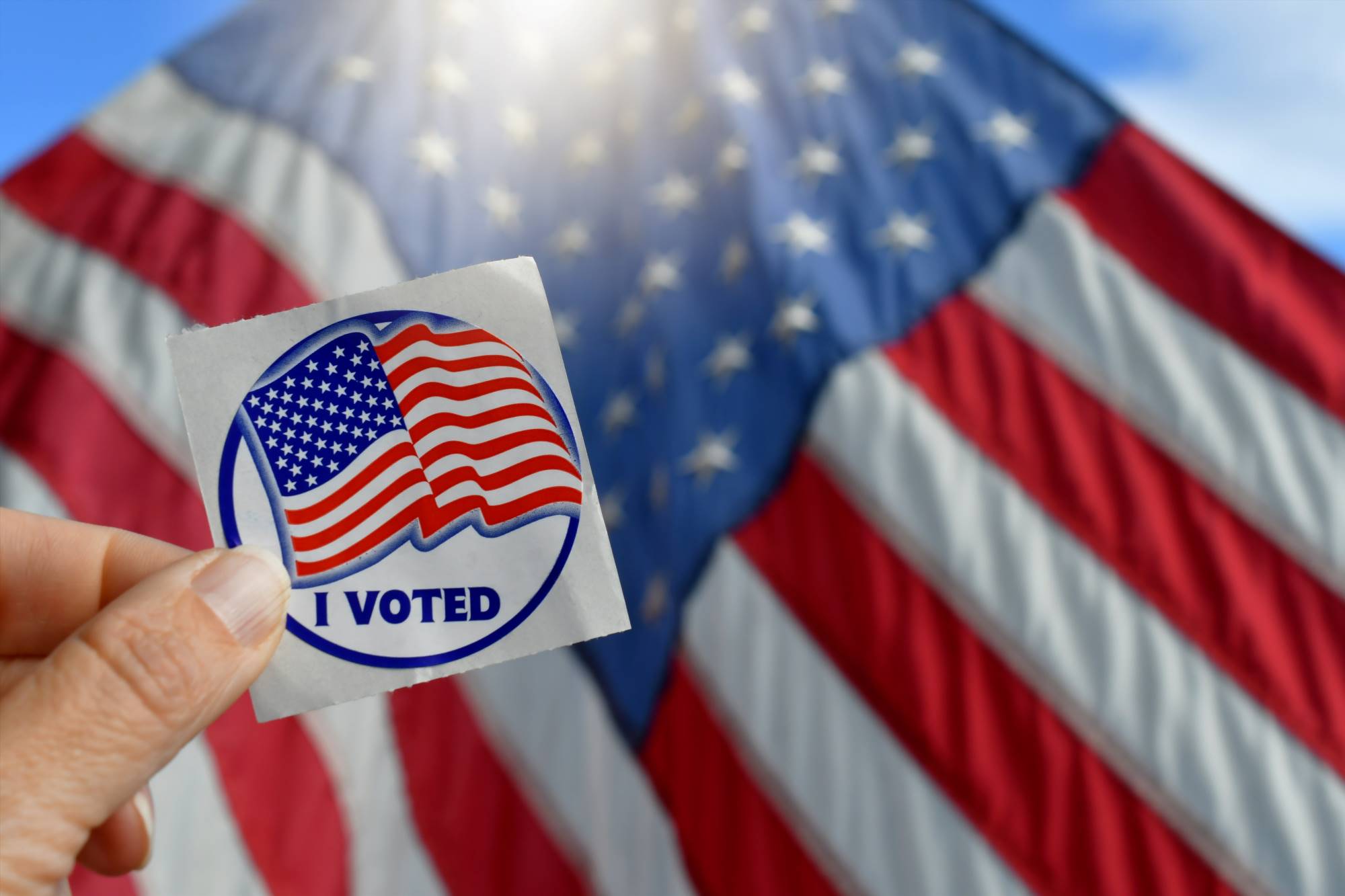According to a Mental Health America 2024 report, nearly 60 million Americans experienced a mental illness in the past year. Post-elections, it’s not uncommon for many Americans to experience heightened levels of anxiety and stress. The American Psychological Association released 2024 survey findings that showed that the country’s future is the most common cause of anxiety among Americans.
These numbers show a link between election periods and increased levels of anxiety. Whether your preferred candidate was victorious or not, the turbulence of the electoral process can take a toll on mental wellness. Luckily, there are resources and tools to help.
Understanding Post-Election Anxiety

Post-elections can bring much uncertainty and many strong opinions. Add in the nonstop news coverage and social media chatter, and it’s clear why someone may feel overwhelmed. But know that these feelings are okay! Post-election anxiety and worry are natural responses to such a highly charged situation.
Common Signs of Post-Election Anxiety
A few things to look out for are:
- Concentration troubles
- Emotional exhaustion or burnout
- Getting irritable or short-tempered
- Obsessing over the election results
- Difficulty sleeping or feeling restless
- Physical symptoms like headaches or stomach issues
6 Ways to Cope With Election Results
You may be feeling very up and down after the elections. To look after your mental well-being, there are steps you can take:
1. Reach Out for Support
Connecting with those who understand what you’re going through can be hugely comforting. Look for support groups that cater to your specific needs. This can include LGBTQIA+-friendly spaces, women-centered groups, and more. Sharing concerns with a community can ease loneliness and help you process emotions.
2. Consider Professional Therapy Options

Working with a mental health professional can provide coping tools to navigate anxiety and depression during this time. Post-Election Anxiety Therapy can involve proven approaches like cognitive-behavioral therapy (CBT) to help you change negative thought patterns. Many therapists also specialize in gender-specific or identity-affirming care, providing a safe space to process.
3. Practice Mindfulness and Grounding Techniques
Mindfulness practices can help you stay grounded and regain a sense of control. These can include deep breathing exercises, guided meditation, journaling, and more. Apps like Headspace and Calm offer practical resources to support anxiety relief. These accessible methods can help you regain perspective during uncertain times.
4. Limit Media Exposure
Continuous exposure to election-related news and social media can worsen anxiety and fear. Set boundaries, such as cutting down news consumption to a specific time of day or taking a social media break. During intense periods of anxiety, it’s helpful to focus on your mental health.
5. Explore Holistic Healing Options

Holistic therapies, such as yoga, acupuncture, and other mind-body practices are great ways to complement traditional anxiety relief methods. A deeper sense of calm allows you to take care of yourself wholly. Look for inclusive wellness spaces that cater to LGBTQIA+ and women-focused needs. This way, you can counterbalance election stress safely.
6. Get Involved in Your Community
Channeling negative emotions into positive action can be a great way to enforce a sense of purpose. Consider volunteering, activism, or other community initiatives that align with your values. Finding connection through meaningful activities can help offset any feelings of helplessness.
Your Path to Post-Election Peace

Facing your post-election anxiety and challenges doesn’t have to be a solo mission. There’s a wealth of comprehensive, inclusive support tailored to unique needs. Whether you explore anxiety therapy, holistic healing, or community engagement, the path to post-election peace is possible. You can uncover renewed resilience and hope with the right strategies and a commitment to maintaining your well-being.




